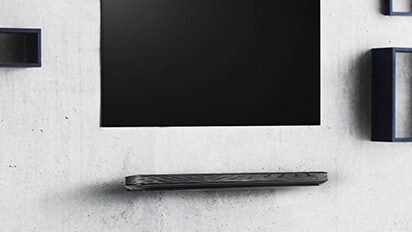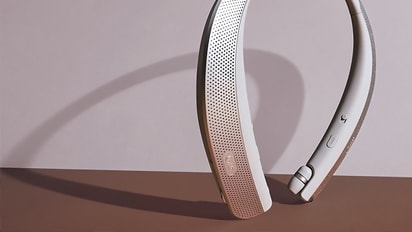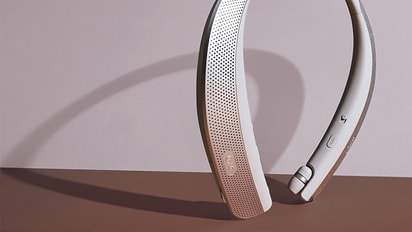At a Glance
If your refrigerator’s ice maker is not making enough ice, it may be due to one of several common issues. If the freezer temperature is not set correctly, or your refrigerator has been recently installed it will make less ice.
Try This
The following step-by-step guide will help troubleshoot the problem and get your refrigerator to make more ice.
-
Do you see any error code on the display?
Yes No -
If you see any error CODE displaying on your refrigerator visit our Error Codes - Refrigerator article.
-
Next Step
Installation
If your unit was recently installed, it may take up to 24 hours for each compartment to reach the desired temperature, and for the ice maker to begin making ice. Please wait 24 hours for ice production.
-
Next Step
Set the temperature
-4°F (-20°C) is the minimum recommended temperature setting of the freezer compartment for normal ice production. If the freezer temperature is set at a warmer temperature, then ice will be produced at a slower rate.
-
Next Step
Amount of ice used.
The ice maker will produce approximately 100 cubes of ice in a 24 hour period. Once the ice bin is empty, it may take up to 90 minutes before additional ice is available, and approximately 24 hours to refill the bin.
-
Next Step
Check the doors
If the doors of the refrigerator are opened often, the unit's cold air will escape, which will prevent the unit from maintaining the temperature required to produce ice. Lowering the temperature can help, as well as not opening the doors frequently.
-
Express Freeze/Ice Plus
You may also try using the EXPRESS FREEZE or ICE PLUS feature. When either of these features is selected, the refrigerator compressor will run continuously for three hours. This will increase the amount of cold air in the freezer compartment and increase the amount of ice that is produced. Before activating these features, ensure that the freezer temperature is set to 0°F or colder.
Next Step -
Next Step
Water filter
If your water filter has not been changed recently it will become clogged with particles over time. This can cause the water flow to the ice maker to become blocked. It is recommended to change the water filter every 6 months or more often as needed depending on the frequency of use, water quality, and filter type.
Order Replacement Water Filter Here
NoteReplace using only LG Brand filters that are not expired. Avoid using Non-LG Brand Water filter and Using a water filter for more than recommended period (6 months)
Use of consumable products that are NOT Authorized by LG is not covered under Warranty
LG recommends replacing the water filter every six months. If you have been using the filter for more than 6 months issues caused by this are not covered under Warranty
-
Inspect water line
If the water line behind the refrigerator is kinked or bent, the water pressure will be reduced. Straighten any kinks in the water line and make sure that the unit or any other items are not resting on, or restricting the water line.
When a new water line is installed, there will be air in the water lines that must be flushed out.
How to flush the water line:
-
Press and hold a glass to the dispenser for 3-5 minutes.
-
A humming sound should be heard when the dispenser is pressed.
-
If water begins to dispense, it may sputter at first, but this will go away.
-
Dispose of the first 2 gallons of water that are dispensed.
1. Check the end of the water line for damage.
2. Ensure that the water line is inserted completely.
If the water line is fine, proceed to the next step.
Next Step -
-
Next Step
Check water valve
Check that the water valve is turned ON and connected properly. The location of your water valve will vary, but most of the time it is located behind the refrigerator.
If your home has a reverse osmosis system, it may cause the water pressure to the refrigerator to be too low. Your refrigerator may need a separate water line that is not connected to the reverse osmosis system in order to achieve optimal water pressure.
-
Next Step
Proper leveling
Verify that the unit is leveled correctly, most issues on refrigerators originate from improper leveling. For further assistance, visit our LG Refrigerator Leveling Instructions.
-
If you performed all the troubleshooting steps above and the issue still persist, the unit will require a repair service. Please visit our Request a Repair page.














